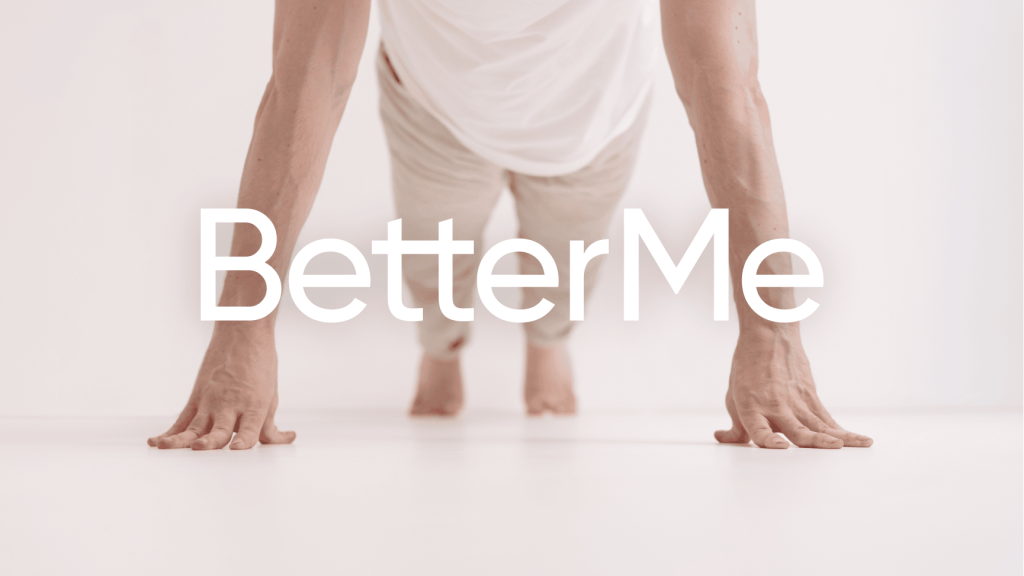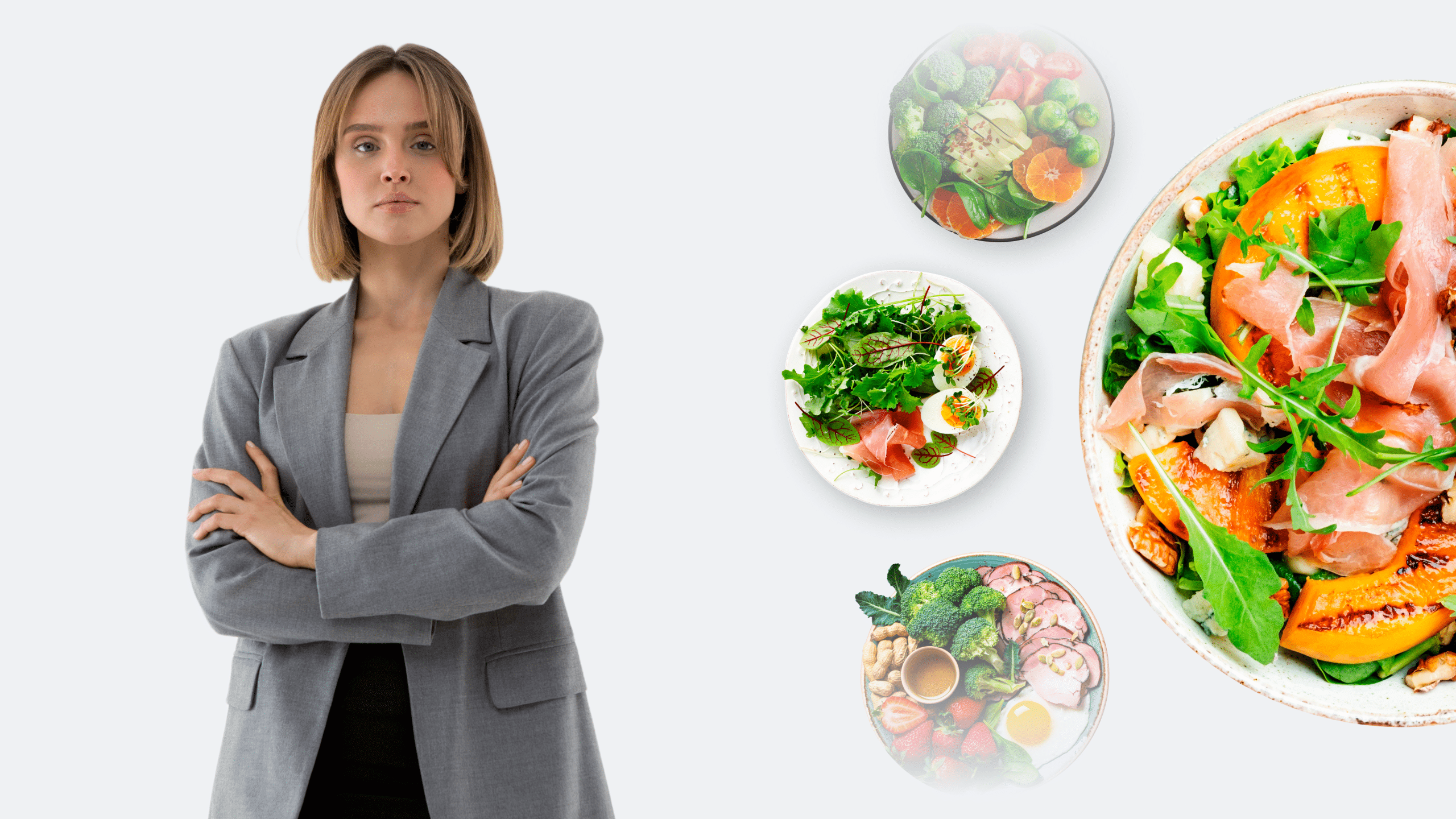We’ve all been there—those mornings when the alarm rings, the sun is shining, but our bodies refuse to cooperate. Our minds are foggy, limbs feel like lead, and yet the day’s tasks loom dauntingly ahead. We instinctively reach for that familiar cup of caffeine to jumpstart our systems. But what if there was a different way? What if we could unleash a wave of energy without relying on caffeine? This may sound too good to be true, but it isn’t really. With some simple lifestyle adjustments and healthy habits, you can wake up refreshed and stay energized throughout the day, no coffee required. This blog will guide you through various strategies on how to get energy without caffeine in the morning, helping you to kickstart your day with vitality and vigor.
Why Is My Energy So Low In The Morning?
Your morning energy levels could be low due to a variety of reasons, including poor sleep quality, irregular sleep patterns, dehydration, lack of proper nutrition, or even underlying medical conditions.
Let’s delve into these reasons in detail:
1. Poor Sleep Quality
This is one of the most common causes of low energy in the morning. If you’re not getting enough deep, restful sleep, you’ll likely wake up feeling tired and sluggish (9). Factors that can contribute to poor sleep include stress, a non-conducive sleep environment, or consuming caffeine or alcohol close to bedtime.
2. Irregular Sleep Patterns
Our bodies thrive on routine, including sleep schedules. If you’re frequently changing the times you go to bed and wake up, your body’s internal clock can get confused, leading to feelings of fatigue in the morning.
3. Dehydration
During sleep, your body continues to lose water. If you don’t replenish this loss each morning, it can lead to feelings of fatigue and lethargy (5).
4. Lack Of Proper Nutrition
If your diet lacks essential nutrients, it can leave you feeling drained. A balanced diet rich in proteins, complex carbohydrates, fruits, vegetables, and healthy fats can help maintain energy levels (1).
5. Underlying Medical Conditions
If you consistently feel low-energy in the morning despite addressing the above factors, it may be advisable to consult a healthcare professional. Certain medical conditions like sleep apnea, diabetes, anemia, thyroid problems, and depression can lead to chronic fatigue. A professional can help identify if there are underlying medical issues contributing to your fatigue.
Read More: Does Vitamin B12 Give You Energy?
How Can I Increase My Energy Without Caffeine In The Morning?
These methods can help you maintain high energy levels throughout the day without relying on caffeine:
1. Eat Nutritious Diet For Energy
Starting your day with an energy-boosting diet can be a great way to get energy without coffee. Foods rich in complex carbohydrates, protein, and healthy fats provide slow-release energy that keeps you going throughout the day. This is a natural way to get energy without caffeine, as you’re relying on wholesome nutrition rather than stimulants.
What Foods Increase Energy?
There are several foods that can help boost your energy levels (4):
- Bananas: They are an excellent source of carbohydrates, potassium, and vitamin B6, all of which can help boost energy levels.
- Fatty Fish: Fish, like salmon and tuna are great sources of protein, fatty acids, and B vitamins, making them great foods for boosting energy.
- Brown Rice: This is a very nutritious food. Compared to white rice, it’s less processed and retains more nutritional value in the form of fibers, vitamins, and minerals.
- Sweet Potatoes: Aside from being delicious, sweet potatoes are a nutritious source of energy. They’re high in fiber and contain a good array of vitamins and minerals.
- Eggs: Not only are they a great source of protein, but they also have high amounts of leucine, an amino acid that’s known to stimulate energy production.
- Apples: Known for their high fiber and carbohydrate content, apples can provide a slow and sustained energy release.
- Water: While not a “food,” it’s vital to mention water because dehydration can make you feel tired. Drinking enough water throughout the day ensures your body is functioning at its best and can help maintain your energy levels.
- Dark Chocolate: It contains stimulants like caffeine and theobromine, which can boost your energy levels.
- Quinoa: Quinoa is a popular grain known for its high protein content and other nutrients like magnesium, fiber, iron, and manganese.
2. Hydrate For Energy Maintenance
Hydration plays a key role in maintaining energy levels and overall bodily functions. Dehydration can lead to fatigue, reduced concentration, and headaches. Drinking plenty of water throughout the day helps ensure your body has the necessary hydration to function optimally (7).
Starting your day with a glass of water can help replenish fluids lost during sleep and kickstart your metabolism. This is one of the best ways to get energy without caffeine.
Whether you’re looking to simply pep up your fitness routine, jazz up your diet with mouth-watering low-calorie recipes or want to get your act together and significantly drop that number on your scale – BetterMe app has got you covered! Improve your body and revamp your life with us!
3. Exercise For Energy Boost
Exercise is a powerful tool for increasing energy naturally. It may seem counterintuitive that exerting energy through physical activity can actually boost it, but that’s exactly what happens due to various physiological processes. Here’s how (2):
Boosts Endorphins
Exercise stimulates the production of endorphins, chemicals in the brain that act as natural painkillers and mood elevators. This ‘endorphin rush’ contributes to a feeling of increased energy and well-being.
Improves Cardiovascular Health
Regular physical activity strengthens the heart and improves circulation, ensuring that your muscles receive the oxygen and nutrients they need to function optimally. This leads to increased stamina and energy levels over time.
Enhances Sleep Quality
Regular exercise can contribute to better sleep by helping regulate your sleep-wake cycle and improving sleep quality. Good sleep is vital for energy restoration.
Regulates Blood Sugar Levels
Exercise helps control your blood sugar levels by increasing insulin sensitivity. This means your body can use available glucose more efficiently, providing steady energy and preventing energy crashes.
To increase your energy naturally through exercise, incorporate a mix of different types of exercise into your routine:
- Aerobic Exercises: These types of exercises, like jogging, swimming, or cycling, improve your cardiovascular health and endurance, enhancing your overall energy levels.
- Strength Training: Lifting weights or doing resistance exercises not only builds muscle but also improves your metabolic rate, contributing to increased energy levels.
- Flexibility and Balance Exercises: Yoga and stretching can enhance your energy by reducing muscle tension and stress (10).
- High-Intensity Interval Training (HIIT): These are short, intense bursts of exercise with recovery periods. HIIT workouts can significantly boost your metabolism and energy levels (6).
Remember, it’s important to choose activities you enjoy so you’ll be more likely to stick with them. Always consult with a healthcare professional before starting any new exercise regimen, especially if you have any health concerns.
Read More: Your Guide To High Fiber Breakfasts For Sustained Energy
4. Eat Small Frequent Meals For Sustained Energy
Small, frequent meals can be a useful strategy for sustaining energy levels throughout the day. Instead of three large meals, consider five or six smaller meals or snacks (3).
This can help maintain steady blood sugar levels, preventing the highs and lows that can lead to fatigue. Healthy snack options for an afternoon energy boost without caffeine could include nuts, fruits, yogurt, or a small portion of whole grains.
5. Get Quality Sleep For Energy Recharge
Lastly, evaluating and improving your sleep patterns can significantly impact your energy levels. Quality sleep is essential for the body to rest, repair, and recharge. Ensuring that you have a regular sleep schedule and a conducive sleep environment can enhance sleep quality, leaving you feeling more energized in the morning (8).
Frequently Asked Questions
How To Get Energy Without Caffeine In The Morning?
There are several ways to get energy without relying on caffeine. Eating a nutritious breakfast, staying hydrated, getting regular exercise, and making sure you have a good night’s sleep can all help increase your energy levels in the morning.
What To Eat For Tiredness?
Foods rich in complex carbohydrates, protein, and healthy fats can help combat tiredness. These include whole grains, lean meats, nuts, fruits, and vegetables. Additionally, staying hydrated is important as dehydration can also cause fatigue.
How To Stop Feeling Sleepy?
Regular and quality sleep is the best way to prevent feeling sleepy. Also, maintaining a healthy diet, staying active, and keeping stress levels low can help. If you’re constantly feeling sleepy regardless of how much rest you get, it may be a good idea to consult with a healthcare professional.
How Can I Get Energy Fast Without Energy Drinks?
Quick ways to boost your energy without energy drinks include taking a short walk, doing a few minutes of stretching or other physical activity, eating a healthy snack like fruit or nuts, or even taking a few moments to meditate or practice deep breathing.
Which Vitamin Increases Energy?
Several vitamins are known for their energy-boosting properties. B vitamins, particularly B12, are directly involved in energy production in the body. Vitamin D deficiency has been linked to fatigue, so maintaining adequate levels can also help with energy (11).
Iron, while not a vitamin, is necessary for energy as it helps with the transportation of oxygen in the body. As always, it’s best to consult with a healthcare professional before starting any new supplement regimen.
The Bottom Line
Getting energy without caffeine in the morning is entirely possible and can be healthier for your body in the long run. By incorporating a nutritious diet, staying hydrated, exercising regularly, maintaining a consistent sleep schedule, and managing stress, you can boost your energy levels naturally and sustainably, without relying on caffeine.
DISCLAIMER:
This article is intended for general informational purposes only and does not address individual circumstances. It is not a substitute for professional advice or help and should not be relied on to make decisions of any kind. Any action you take upon the information presented in this article is strictly at your own risk and responsibility!
SOURCES:
- A Critical Review on the Role of Food and Nutrition in the Energy Balance (2020, nih.gov)
- Exercise: 7 benefits of regular physical activity (2021, mayoclinic.org)
- Eating to boost energy (2011, harvard.edu)
- Foods-for-energy. (n.d., duluthmn.gov)
- Fight fatigue with fluids (2013, harvard.edu)
- High-Intensity Interval Training (2014, acsm.org)
- Hydration (2021, nutrition.org.uk)
- How sleep boosts your energy (2020, harvard.edu)
- The Role of Sleep Duration in the Regulation of Energy Balance: Effects on Energy Intakes and Expenditure (2013, nih.gov)
- Yoga – health benefits (2022, betterhealth.vic.gov.au)
- Vitamins and Minerals for Energy, Fatigue and Cognition: A Narrative Review of the Biochemical and Clinical Evidence (2020, nih.gov)
















